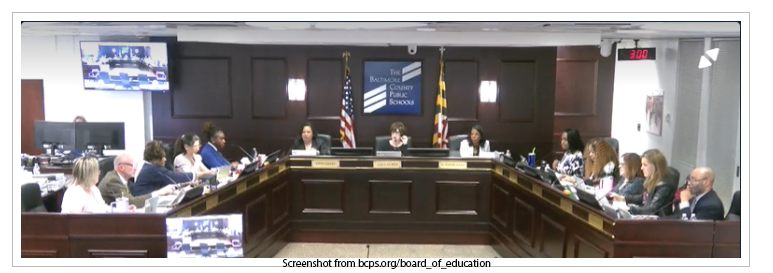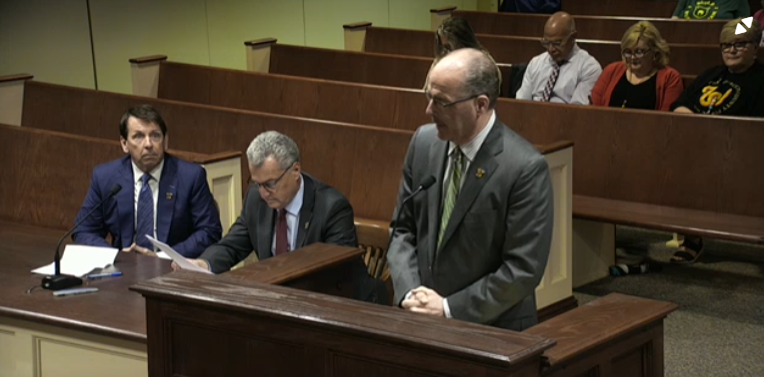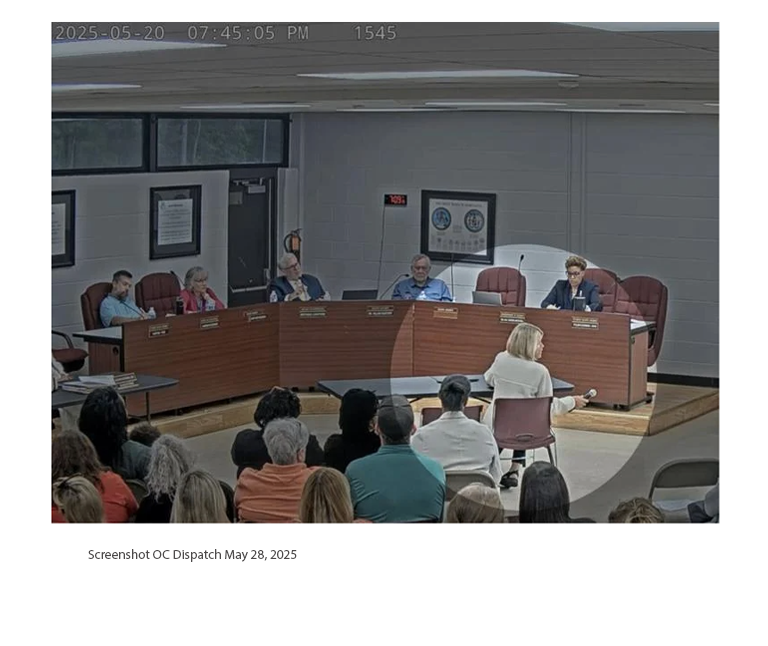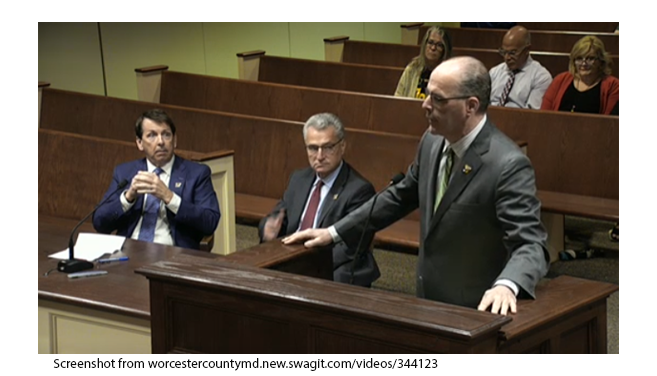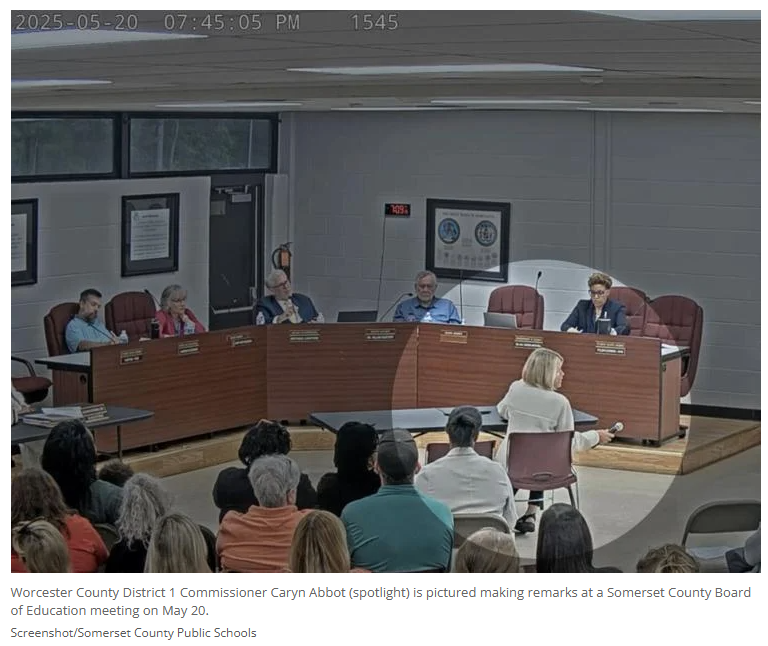
Recruiters: Prospective Teacher Hires Have Questions. Be Prepared
This recruiting season, K-12 recruiters are likely to feel like they’re the ones in the proverbial “hot seat”’ during teacher job interviews.
Blame it on supply and demand. Last fall, 69 percent of K–12 public schools in a national survey reported that teaching vacancies were their primary challenge, according to the National Center for Education Statistics. Now, well into the academic year, schools continue to face staffing hurdles.
“Too few [teaching] candidates is absolutely a concern,” said Kelly Coash-Johnson, the executive director for the American Association of School Personnel Administrators. “There’s only a fraction of the pool of applicants compared to five to seven years ago.”
The mismatch between job openings and potential recruits gives teaching candidates’ leverage this recruiting season. As a result, recruiters might want to heed the advice they normally give to job candidates: Come to the interview prepared.
In keeping with this advice, we’ve done some of the heavy lifting for recruiters. Earlier this month, our social media team asked teaching job candidates on Twitter and Facebook what questions they would ask a potential employer in a teaching interview. Below are some of their responses.
Retention rates matter
Retention numbers aren’t great at a lot of schools. But really poor rates, or ones that suddenly take a dive, can indicate a red flag to a job candidate that warrants further exploration. So it’s no surprise that some respondents said they’d ask questions related to retention:
“Why did this position open?”
“What is your employee retention percentage over the last three years?”
Scoping out support for teachers
Teachers give a lot of themselves, but they report feeling less and less supported in recent years. In a 2019 report by the Economic Policy Institute, half of teachers surveyed reported “not feeling a great deal of support or encouragement” from administrators, and more than 70 percent reported “not having much control or influence on selecting the content, topics, and skills they will be teaching in their classrooms.” And that was before the pandemic.
Since then, there’s been a growing awareness of the need to support teachers, many of whom feel burned out, stressed, and disrespected. It’s no wonder, then, that a lot of the questions from our polls’ respondents revolved around a broad range of supports that teachers hope to receive on the job. Here’s a sample:
“If I were a new teacher, I would want to know if they have a teacher mentoring program.”
“How do you support new teachers learning and growing at your school?”
“How did you support the mental health of your staff to avoid burnout?”
“How do you support teacher professional learning? … What are the procedures when parents question or challenge a book/resource?”
“Explain an example of how you have supported your teachers in interacting with difficult or challenging parents.”
What’s the leadership style?
Teachers may not work alongside administrators on a daily basis. Nevertheless, how their administrators lead matters. For instance, teachers respond positively when principals step into the classroom—not necessarily to observe them, but to teach the students, according to input from educators whose administrators have done so on a regular or even intermittent basis. Some of the following questions from survey respondents reflect that sentiment.
“Describe your leadership style and visibility.”
“How often do you teach students?”
“How do you provide feedback?”
“What is your knowledge of the science of reading and structured literacy and how do you implement it in your building/district?”
School culture counts
Every school has its own culture. And, researchers have found that a school’s culture is tightly connected with teachers’ job satisfaction and school performance. This robust set of questions makes clear that culture matters to teaching job candidates:
“What is the best thing about your school community? What is the one thing about your school community you’d like to see improved/changed?”
“How do you build community? How do you support teacher leadership? What’s the best thing about your district?”
“What is your approach to fostering a sense of community among staff and students? To what extent does teacher and student voice drive the decision making? What kind of teacher leadership, mentor and collaborative programs have you implemented in the school?”
Expectations inside and outside the classroom
Teachers often operate behind closed classroom doors, but they rarely possess the autonomy that this physical arrangement would suggest. School policies, procedures, and expectations affect job satisfaction and performance just as big-picture factors do. Here are some of the policies and procedures survey respondents said they’d want to know about:
“What are district beliefs on assessment?”
“What is your cell phone policy?”
“What duties are expected of me outside the classroom?”
Dig Deeper With Our Longreads
Newsletter Sign up to get our best longform features, investigations, and thought-provoking essays, in your inbox every Sunday.
The MEN was founded by John Huber in the fall of 2020. It was founded to provide a platform for expert opinion and commentary on current issues that directly or indirectly affect education. All opinions are valued and accepted providing they are expressed in a professional manner. The Maryland Education Network consists of Blogs, Videos, and other interaction among the K-12 community.


